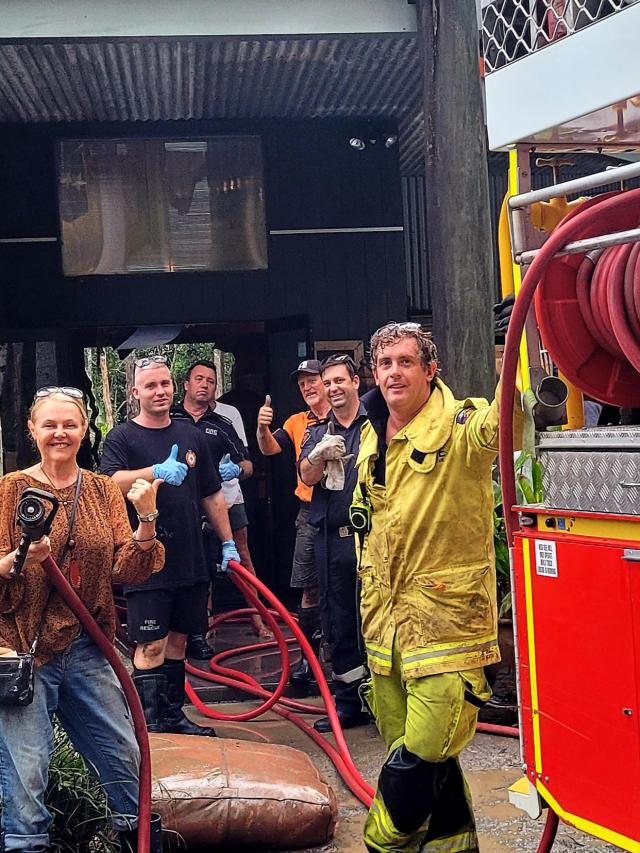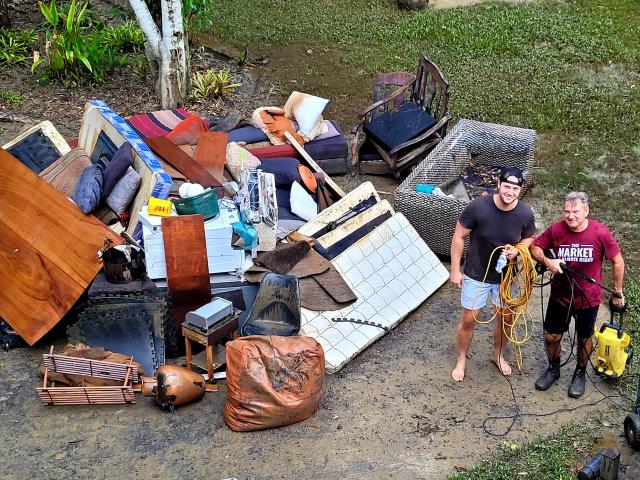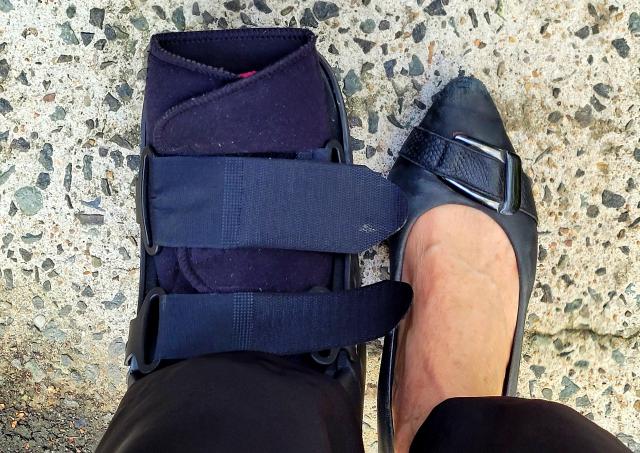The ensuing recovery from our floods highlighted the roles each of us play during and after disasters, as well in every aspect of our lives. Returning home from a particularly difficult Parliament sitting to recommence scrubbing flood sludge from every crevice, I pondered this, and the incredible majority who work selflessly to create an amazing community through unity and empathy. Then my thoughts turned to why a tiny minority seek to deride and divide instead of encouraging respectful discourse, and what role ‘perception’ plays in this.
My fascination and love of community and all inhabitants in my early years morphed into a commitment to bettering our world through a greater understanding of people and their perceptions and processes including communications. This grew from my time in the Northern Territory, where remote life on a million acres with our First Nations people taught me so much, including that my own perceptions were exactly that: my own, and not necessarily right! To get to a resolution on any matter, we had to truly empathise with each other to find common ground, and a way to get to a common goal. This is essential in a small community where you are interdependent on each other, leaving no room for grievances or divisions. If we could just take those same values into Parliament.
After the recent inquiry and debate process on the extension of expiring emergency provisions bill, together with subsequent misinformation and commentary on social media, there is an obvious need for greater understanding on our parliamentary systems, as well how to read Hansard to check who voted and how!
If every vote for a bill was as simple as a yes or no, or ‘AYE or NOE’ as used in official records, with no further consideration or explanation necessary, there would be less misunderstandings and room for politicking! However, this is rare, and the bill seeking to extend the emergency powers until 31st October is a good example of how important it is to obtain facts and learn a little more about our parliamentary processes.
In summary, this Bill would give government a continuation of unprecedented powers in the very different situation we face today to those under which they were first enacted when the Covid pandemic arrived.
This at a time when the Federal Health Minister announced that Australia’s biosecurity emergency pandemic measures would not be renewed, and other states are removing all restrictions as part of the recovery phase. Combined with the continued lack of provision of medical or scientific rationale for decisions and the extension, nor addressing the concerns or recommendations of the QLD Human Rights Commissioner (QHRC) and others during the committee inquiry into this Bill, was greatly concerning.
The options available to MPs such as myself that agreed with the recommendations of the QHRC, including the need for an independent oversight of government decisions and restrictions, were limited. With government holding a clear majority, this bill was always destined to pass regardless of the submissions opposing. One option utilised by opposition members to get better outcomes under these circumstances is through amendments. In relation to this specific bill, one if successful, would have seen these powers only extended until the next sitting in May instead of October. During this time, government would have to provide the medical rationale for the extension, their plan or strategy moving forward and establish independent oversight. This would then have allowed MPs to consider this new information and vote again, giving an opportunity for a better outcome that would at the very least address or acknowledge the concerns of the QHRC and Queensland Law Society, as well thousands of individual submitters.
For some to infer my support of these amendments was a vote in favour of the bill, was deliberately misleading, and ignored the many efforts undertaken to mitigate ongoing impacts to so many of our businesses, workers, families, and our community.
As can be viewed in my speech, I clearly outlined the reasons for opposing the bill, with Hansard recording that at the Second Reading, I was one of 5 MPs that voted against, and in the Third Reading, one of 36. There should be no confusion on this! As well, no misunderstandings as to why I again called out the failures of the committee system amongst the processes, that led to the Committee recommending the bill pass whilst in no way addressing the valid concerns. Remember, as a ‘unicameral’ parliament without an Upper House, our committee system is a form of scrutiny that must function appropriately to serve Queenslanders well, which currently it does not. Why? Because 50% of the committee can oppose, however with a government Chair utilizing their casting vote, the Bill can pass through to Chamber, with the only indication of who opposed from an MP’s Statement of Reservation.
Now, does a vote against the extension mean a lack of support to protecting our vulnerable? Quite the opposite, as we have at any time the ability to reconvene as a Parliament and reinstate emergency powers if required, including virtually. However as has been experienced over the last months, the lack of response to pleas for support for our financially and mentally vulnerable that went unheeded is unacceptable, including 7 months wait times to see a psychiatrist, and businesses closing. There have been so many inconsistencies which I have spoken and written about with questions remaining unanswered which is not acceptable either. As per my speech, the only time I have ever felt ashamed of being an MP was when financially vulnerable residents were mandated for vaccination, yet as MPs who one would consider are ‘high risk’ moving about as we do, we were not. In addition, we were granted a pay rise at a time when others were losing their jobs, businesses, mental wellbeing and homes, which is shameful.
As I shared in Chamber. “To support this bill without amendments that ensure oversight, accountability, transparency, support for evidence-based decision-making and independent reviews of determinations, is to support a form of autocracy instead of democracy – and we should never support that…”
For a more in-depth explanation of bills, inquiry and voting processes in Queensland Parliament, including those intricacies that are intensely frustrating, head to www.sandybolton.com/noosa360
To finish, deep gratitude again to all who saved, protected, and assisted during the floods. Like so many others whose houses were inundated, your beautiful help to get us back to ‘normal’, including not laughing too hard at my efforts to dry out our ‘goodies’, or ‘clomping’ around, as well tripping, in my moon boot, has reiterated again why we love this community so much, and its inhabitants.
Until next month, have a fabulous Easter, and question everything including Facebook posts! Keep your ‘empathy’ tool and ‘fact checker’ handy when you are engaging in that all important ‘respectful discourse’ and make it especially enjoyable by doing so online or off over a hot cross bun or chocolate bilby/bunny!! And don’t forget to call if you can’t find the answer?
Sandy










